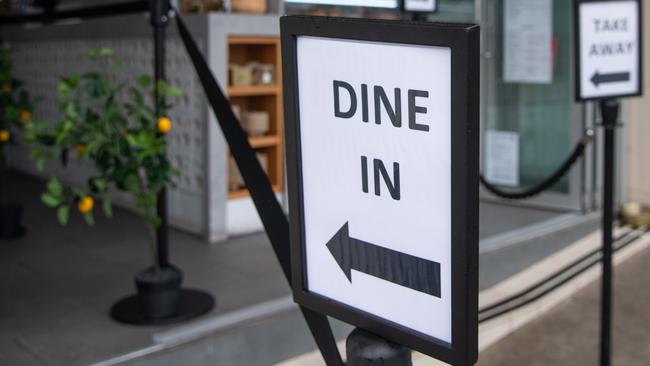Retail workers’ double whammy on penalty rates, plus push for no minimum wage increase
The last stage of penalty rate cuts phased in by the commission in recent years are scheduled on July 1.

Retail workers are facing a double whammy of penalty rate and real wage cuts in weeks if the Fair Work Commission heeds the calls of employers to freeze minimum and award wages because of the impact of COVID-19.
Sunday penalty rates paid to retail and pharmacy workers are due to be cut by 15 per cent on July 1, the last stage of penalty rate cuts phased in by the commission in recent years.
The commission has previously timed the cuts to coincide with annual minimum wage rises to negate the financial impact on low-paid workers.
Employers are pushing for no minimum wage increase this year, given the economic impact on business of COVID-19 and government restrictions.
The Shop Distributive and Allied Employees Association said if the commission agreed with retail employers that there be no minimum wage increase, it should initiate a special hearing to consider delaying penalty rate cuts.
“Are a wage freeze and a penalty rate cut the reward we want to give frontline workers in supermarkets, pharmacies, service stations and fast-food outlets for their efforts during the height of the COVID-19 emergency,” the union’s national secretary, Gerard Dwyer, said.
“How do we snap back if we snap the backs of essential workers who have served the community and risked their health as well as their safety by ensuring the community was able to put food on family tables, buy medicines and other necessities as a result of a government-ordered shutdown?”
In its submission, the SDA said research showed inequalities, particularly gender-based inequalities, were exacerbated by an economic crisis and austerity measures disproportionately impact women. “Retail is a female-dominated sector which has experienced enforced stand- downs as well as reduced hours in some operations which did not qualify for JobKeeper,” it said.
“These employees have suffered losses and already face challenges in recovering those losses as they return to the workforce.”
Less money, less spending
The union said segments of the retail industry, such as supermarkets, had dealt with increased work intensity during the COVID-19 pandemic.
A failure to hand down a wage increase would be a failure to recognise these essential workers and every other Australian worker who had contributed or suffered during the pandemic, it said.
“Retail and fast food jobs are heavily dependent on the broader Australian community being able to freely participate in consumption,” the union said.
“(A) stubbornly low rate of wage growth has impacted gross demand across the Australian economy for over a decade. The less money workers have, the less money they are able to spend in their local economies and Australia’s economic recovery will be stymied as a result.”
Labor industrial relations spokesman Tony Burke said it was “now well established that penalty rate cuts have not created new jobs”. “Continuing with this flawed strategy is the last thing we need right now; we don’t need more cuts, we need people spending to lift Australia out of recession,” he said.








To join the conversation, please log in. Don't have an account? Register
Join the conversation, you are commenting as Logout